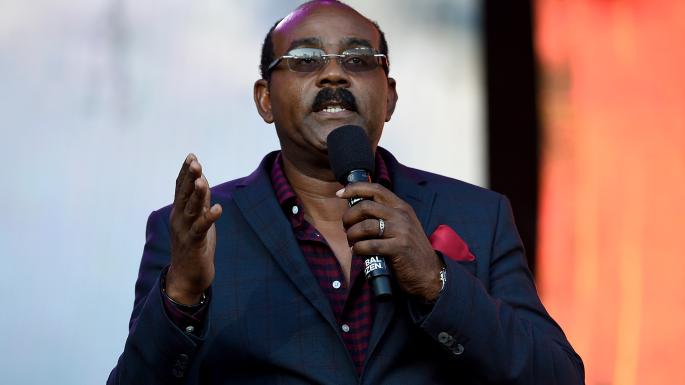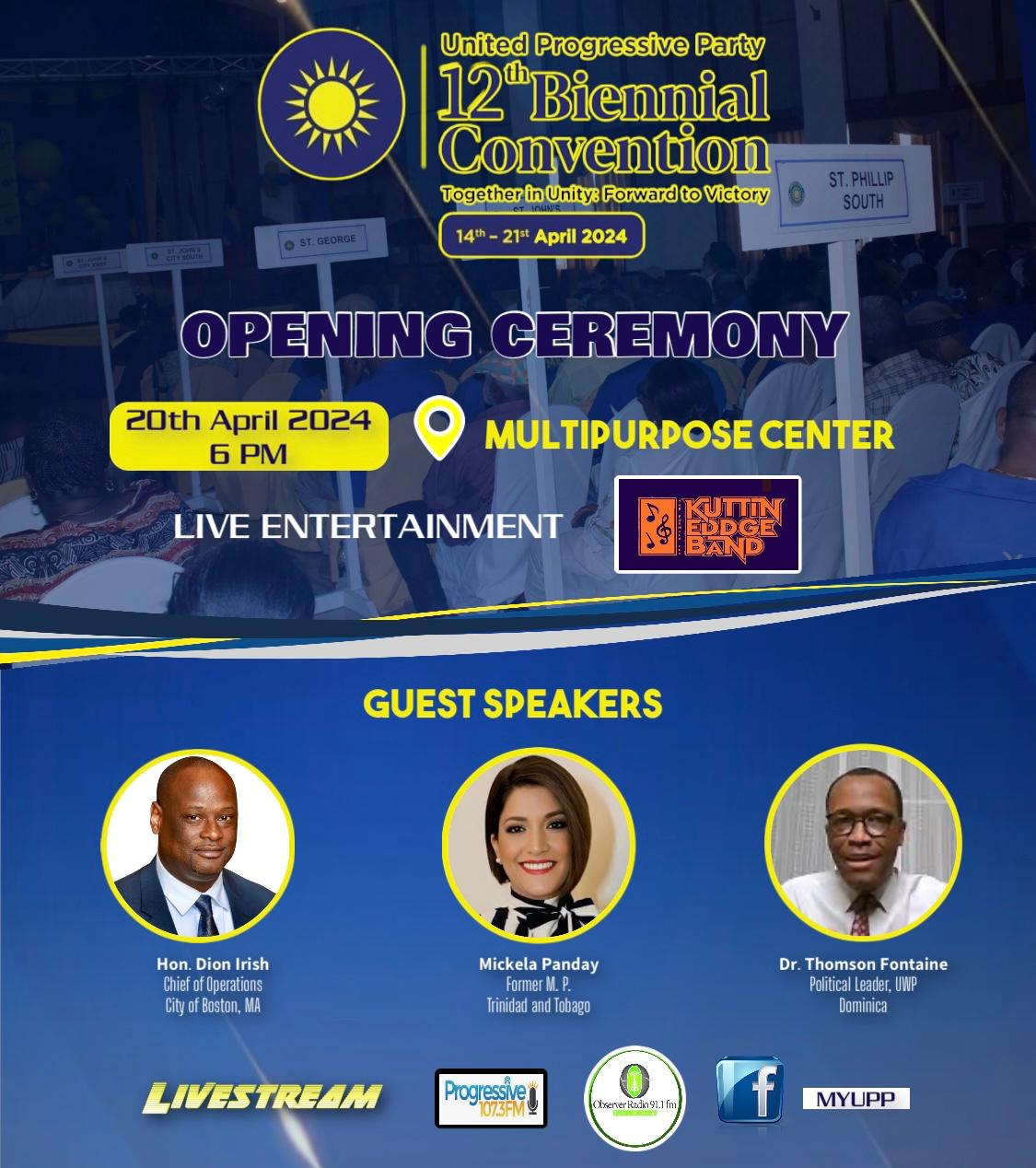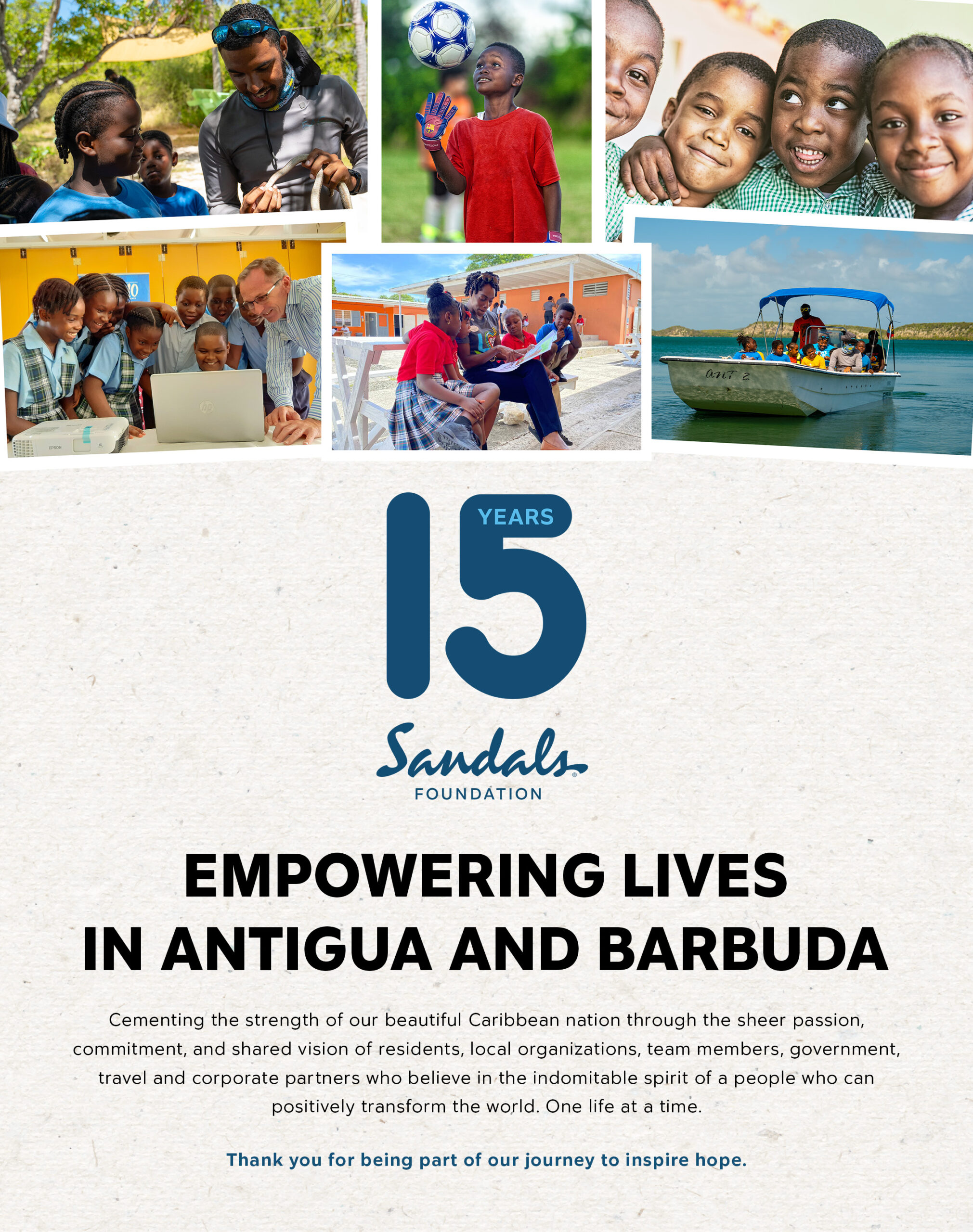
The Prime Minister of Antigua and Barbuda, Gaston Browne says there is no justice in the de-banking and barring of small Caribbean states from the international payment system.
“De-banking and de-risking undermines the ability of small countries to meet their development agenda and injures them without any mechanism for remedy”, Browne told an audience of fellow Caribbean Prime Ministers, central bank and financial officials, and private sector representatives in addressing a recent forum in St Lucia organized by the Economic Commission for Latin America and the Caribbean (ECLAC).
Browne, who has lead responsibility for financial matters in the quasi-Cabinet of the Caribbean Community (CARICOM) Heads of Government, said that de-risking, which involves the loss of banking relations between Caribbean banks and international banks, “remains a looming threat that could create financial instability, plunging our countries into poverty, chaos and confusion.Browne’s remarks were part of a wide-ranging discourse on the severe challenges that Caribbean countries face in the financial services sector as a consequence of actions of the Paris-based Organization for Economic Cooperation and Development (OECD), the Financial Action Task Force (FATF), the European Union Commission and the United States government.
“The consequences of de-risking – intended or unintended – could be more devastating than any natural disaster,” said Browne, a former banker and financial manager.
Recalling that “de-risking is utilized as a policy tool of financial warfare, to sanction rogue or uncooperative states”, the Antigua and Barbuda leader argued that it “should never be utilized as a tool to punish innocent people in cooperative and compliant countries in the Caribbean.
“The provision of correspondent banking service is a fundamental human right,” he said. “It is just as important as the provision of other basic services, including include water, electricity and broadband services.”
According to a government statement, Browne set out measures to address the problem of de-risking which, he said, could shut down established and regulated financial systems, and so encourage unregulated methods that would fuel money laundering and other financial crimes.
Among the proposals that the prime minister made are encouraging all banks to focus on managing financial crime risks, instead of risk avoidance, and the utilization of new technology, including blockchain, to identify suspicious transactions and to ensure full traceability, according to the statement.

Browne has been the lead advocate of the rights of Caribbean countries in this matter since July 2014, taking his mission to international financial institutions, multilateral bodies and the private sector .
Advertise with the mоѕt vіѕіtеd nеwѕ ѕіtе іn Antigua!
We offer fully customizable and flexible digital marketing packages.
Contact us at [email protected]
















I agree with the Prime Minister, when he says that de-risking is a threat to the economic stability and viability of the region. I also agree that it is wrong to use this as a tool to punish cooperative jurisdictions, or to force regional countries to yield to the demands of the OECD countries. However, we must accept the blame when we leave the door ajar, and invite our antagonists to come in.
Case in point – when the ALP under Lester Bird turned over control of the Financial Services Regulatory Commission to R. Allen Stanford (putting ratta to watch cheese) which resulted in the Financial Advisories issued in 1999. More recently, we have the case of the Odebrecht bribery scandal. There is no dispute that a sum of Euro 3 million was transferred into Antigua. The person who arranged the transfer says it was intended as a bribe for politicians in Antigua not to cooperate with the authorities in Brazil.
Our leaders vehemently deny this, and describe it as mischief. The person to whom the money was wired says it was for a CIP project, but never provided details of that project, or why a CIP applicant would transfer funds to Antigua before the due diligence checks were completed, and he/she/they receive confirmation that they may proceed with the project. And though it has been claimed that the funds were returned to the sender, indications are that the funds are still with the offshore bank in Antigua. Certainly, it cannot be both, so what is the true status of the funds?
There are clearly more questions than answers, and a cloud will continue to hang over Antigua and Barbuda until this matter is resolved. Yet, after almost two years since this scandal came to light, this government is yet to launch an inquiry, to get to the bottom of the matter, and remove the cloud than hangs over the nation. It is because of incidents like this that we are deemed a high risk jurisdiction, and why de-risking remains a threat.
Pm Browne I believe he is trying to increase the value of our money if he can get us to a $1 us is equal to $2 ec he is a financial genius. Get the job done pm then go further……….
Comments are closed.